Founder and CEO, Response Ability, Inc.
Future Living
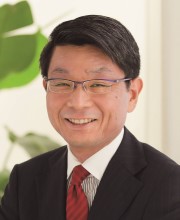
Founder and CEO, Response Ability, Inc.
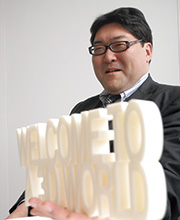
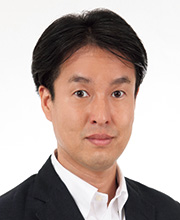

Leave a Nest Co., Ltd.
Future Living
With whom, where, and how will people live? -Designing a technology-imbued home representing a diversity of values-
Adachi
During this session we would like to discuss how the necessities of people living in Tokyo might have changed 20 years from now. I would first like to hear from our participants regarding their business and how it relates to people’s necessities.
Ichihara
Through e-commerce, Rakuten has relieved consumers from the constraints of store trading hours and product availability. And from the perspective of sellers, such an online marketplace is significant in the fact that it allows them direct access to the vast numbers of consumers in big cities like Tokyo.
Adachi
How do you think brick and mortar stores will fare in the future?
Ichihara
I think physical stores will retain their human touch through communication between the buyers and the sellers but combine it with technology. For example, 3D printers might be used to immediately produce what the customer requires right then and there.
Katayama
My company, Stratasys Japan, provides 3D printing-related marketing, product sales, and after-sales support services. 3D printers were originally manufactured for rapid prototyping, but now they are being used to create products rather than prototypes, or for personal use in the same way a printer is used at home. Most 3D printers are currently utilized for industrial applications, but there is future potential for their use in the medical field. Bioprinting and other medical applications will likely develop further going forward with the use of 3D printers.
Maru
Leave a Nest was started by 15 researchers with the aim of establishing a research center that could make a difference in the world. As its name suggests, our company provides a framework for assisting people looking to make a fresh start. Initially, our business mainly centered on education and we commercialized a “delivery service” of cutting-edge science workshops and experiments. Nowadays, we also conduct research into technologies such as generating power from typhoons or creating alternative jet fuel from microscopic organisms known as Euglena. On a project basis, we address, collaborate, and solve issues that nobody in the world yet perceives to be problematic, and ultimately share our results with society.
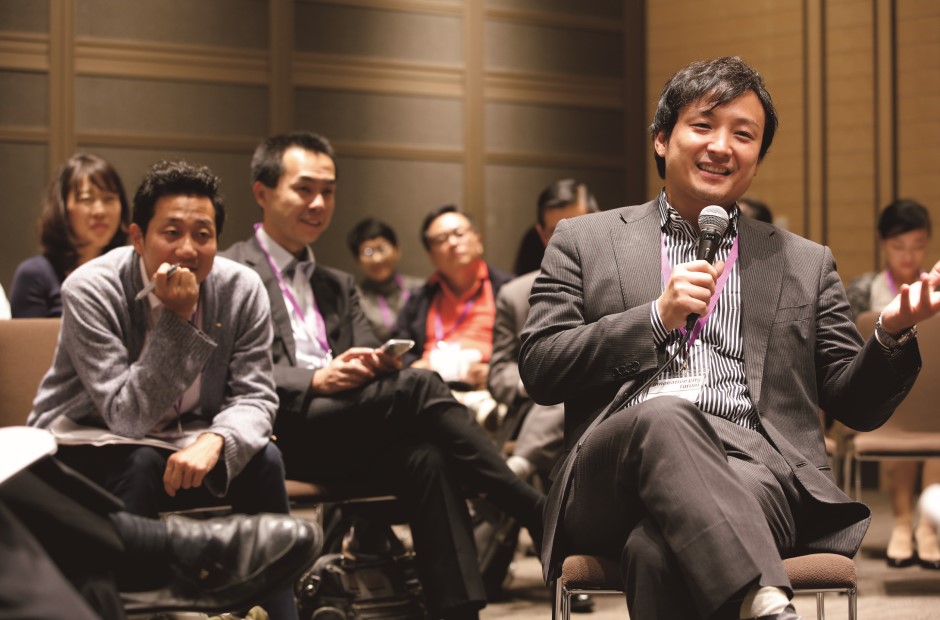
Working, residing, and living
Adachi
People’s lifestyles and preferences are becoming more diverse and personalized. What are your thoughts on this?
Katayama
An era of customization rather than mass production will soon be upon us. Goods will most likely be manufactured to suit individual needs, and 3D printing will make this possible. Goods previously made under a product-out strategy by the manufacturer with metal molds can now be created without the need for such molds. Furthermore, in the near future, we will probably be able to manufacture products based on data collected from a sensor already embedded inside a product.
Adachi
With regard to work, I get the feeling that in similar fashion to e-commerce, the barriers between time and space are gradually diminishing. What are your thoughts on this?
Ichihara
At Rakuten after the Great East Japan Earthquake in 2011 we allowed our employees to work remotely from home. People then actually began to ask themselves why they needed to go to the office at all to work.
Adachi
I think there are many people who currently work from home because they need to raise their children or care for loved ones. However, in the future, I think there will be more people working from home because they want to, not because they need to. What do you think about this?
Maru
To begin with, I think the actual concept of working will break down. A system will probably arise in the future where individuals connect with each other to create a network and collaborate on projects. Also, in the future I think we will see a paradigm shift in which the focus of people’s lifestyles will move from economic value to community value, as well as towards the value of forming communities with people of similar sensitivities.
Katayama
Once people realize that human happiness equates to living according to one’s sensitivities, there will be those who can and cannot do so. In terms of manufacturing, this means even though somebody may want to try making something, not everyone will be able to do so. This is where technology can help us. In the future, we will probably be able to download data from a data file bank and customize it to our own liking. This is known as the maker movement or prosumer movement. Plus, another movement that liberates designers is also gaining momentum right now whereby designers earn their keep on a project basis rather than being subordinate to just one company. If this working style catches on then we will likely see engineers working on global projects even though they may call Hokkaido home.
Maru
The time will come when people will be happy to live anywhere without owning a home. Language barriers will also be gone. Sharing will be the norm and because people will have a place to live wherever they are in the world, the concepts of where one lives and which company one works for will be obsolete.
Ichihara
The concept of ownership will probably change. In addition to car sharing, there will also be services that deliver matching clothes to your door. I think the idea of ownership will persist to the very end with respect to housing, but once we no longer own even our own home, what would our own possessions actually be?
Maru
By then we will probably own intangible property as opposed to physical items. We are most likely headed in the direction of such an era.
Audience
Once people pass the age of 50, they start to wonder about how they might die. With advancements in medicine and longer life expectancy, do you think people will be able to die comfortably?
Ichihara
The idea of respecting one’s opinion regarding life and death is certainly growing in popularity and gradually society too will have no choice but to accept this thinking. With more options, I think people will have to think more carefully about what they mean.
Katayama
3D printers are now being employed in the field of bioprinting. If the practical application of bioprinting is realized, we may be able to treat diseases that until now were difficult to cure. In this sense, I think bioprinting can contribute to extending lifespans. That said, theory versus technology is a warring concept. What is most important here is that at the end of the day, humans are at the center of it all, so I think it comes down to whether or not we can make people happy.
Toward a desirable future
Adachi
People’s values are changing all the time, but general societal values remain largely the same. What do we need to change in order to move toward a desirable future?
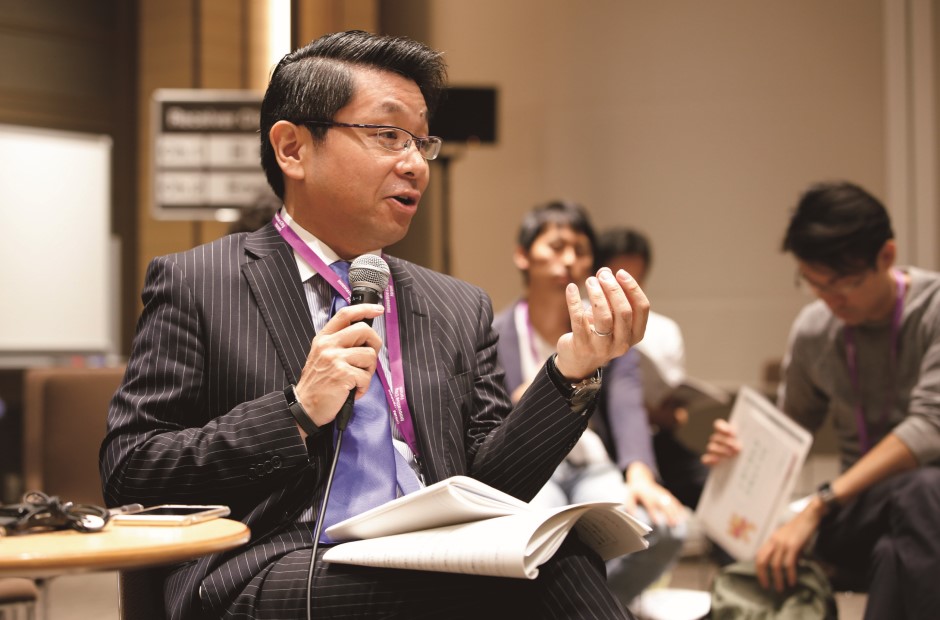
Ichihara
Japanese society has a strong tendency to set people in certain ways, and these ways have become our behavioral principles without us even realizing it. Even if the ideas of an individual are rather disruptive, society as a whole struggles to accept them, which is why I think friction occurs.
Maru
What I want to stress is that instead of being bound by conventions, we should be establishing our own networks. Once these networks become commonplace, I think we will see the emergence of disruptive innovation in society as a whole.
Katayama
There are always various obstacles to overcome when efforts are being made to introduce new technology and under such conditions it is difficult to generate innovative ideas. We may well have special zones for drones and medical services, but in reality there are restrictions in place. 20 years from now Japan will have fallen behind the other countries of Asia if we are too slow in breaking out of the conventional mold.
Adachi
Through advancements in technology, our lifestyles will change considerably over the next 20 years. And when this happens, I think the acknowledgement of diversity will be a significant development. At the same time, I also feel that a social structure is needed to ensure stability. While many social constraints do exist in Japan, as individuals we can all reverse our way of thinking and slightly change the world we live in. By doing so, we can more freely express ourselves. In my opinion, I feel that repeating this process many times over a period of 20 years will lead to an affluent lifestyle for us all by the year 2035.